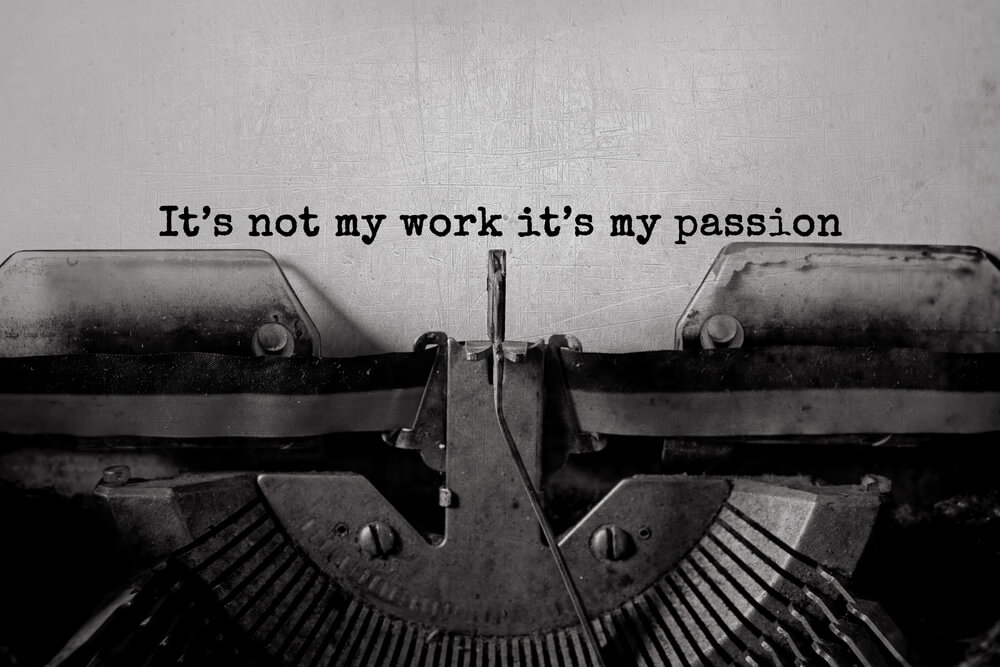One full rotation on its axis and the earth’s work is done for the day – a day that gives us 24 hours to do our work and progress in life. How we use that time, is up to us – we might complain of having too much to do or organize our time better and focus on the most important jobs, weeding off the chores that are unproductive or can be improvised.
If you want to bring a positive change in your life and make your day more productive, then here’s telling you how some of the busiest and most successful entrepreneurs – Elon Musk, Jack Dorsey, Jeff Bezos, Steve Jobs and Bill Gates do it.
According to CNBC, when it comes to identifying productivity killers, meetings emerge as the greatest culprits. A survey by Harvard Business School and Boston University found that of the 182 managers surveyed, 71% believe meetings are ineffective and unproductive. In the same research, about 65% senior managers pointed meetings as a hurdle from completing their work.
Google doc meetings
Jack Dorsey, the CEO of Twitter and Square tackles the menace of meetings with the aid of technology. Most of Dorsey’s meetings are Google doc-based, where the participants start with reading the doc for 10 minutes and comment directly in the doc. Dorsey says, that this practice makes meetings faster and more democratic, while encouraging critical thinking.
Eliminate unnecessary meetings
Elon Musk, the CEO of Tesla, SpaceX, Neuralink and The Boring Company is rather infamous for his directness, but it works marvelously for him. In a letter to his employees in 2018, Musk asked his employees to get rid frequent meetings, unless they were dealing with extremely urgent matters. He urged people to hold meetings only when they are certain of providing value to the entire audience, and also advised employees to leave a meeting, the moment they felt they were no longer adding value.
Setting the schedule for his day is the most crucial task that Musk begins his day with. His productivity advice, apart from eliminating unnecessary meetings is:
“Focus on signal over noise… Don’t waste your time on stuff that doesn’t actually make things better.”
Make swift decisions
Jeff Bezos, the CEO of Amazon, owner of The Washington Post and founder of Blue Origin, gives utmost importance to quality decisions made with highest possible speed. Bezos believes ‘speed matters in business” and hence companies should be quick in taking business decisions. Speedy decision-making definitely increases productivity.
Bezos says that companies should make important decisions with 70% of the information they want to possess ideally, because if they wait for 90% of the information to come in, they would be rather late which would be costlier than being wrong. Further, he adds that decisions can be reversed the moment authorities realize their flaws. For Bezos “quick decisions” are more important than “right decisions” as long as companies are ready to course correct.
To stay productive, you have to say “no”
Steve Jobs, the co-founder of Apple, said that in order to be productive, you must focus your energies on the most important idea or job and that entails saying “no” to several other ideas that might also be exceptionally good. Warren Buffet reaffirms Jobs’ thoughts as he believes that the true difference between successful and overtly successful people is that the latter mostly say “no” to everything.
Meditate to stay focused
Meditation has been professed by many successful people as an effective tool to increase one’s focus. Microsoft’s founder Bill Gates said meditation is his favorite productivity habit as it provides the required exercise for mind and enables him to “pay attention to his thoughts… and gain a little bit distance from them”.
Practicing these five simple habits can enhance productivity significantly. These have proved effective for some of the most productive people and hence, if you take a lesson or two, it is definitely expected to work in your favor.



